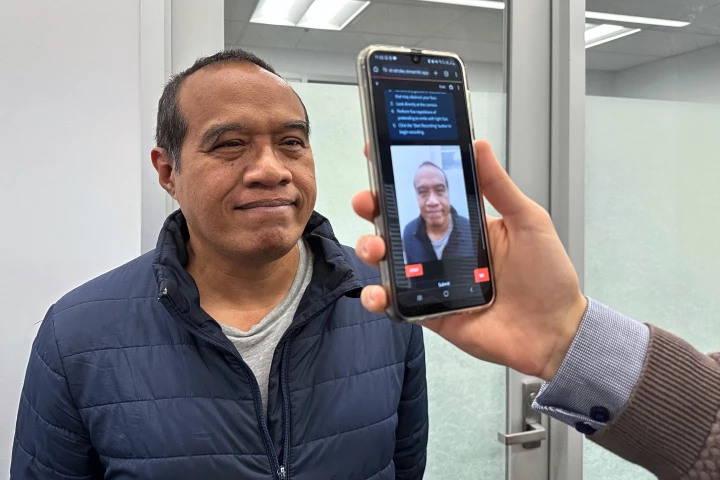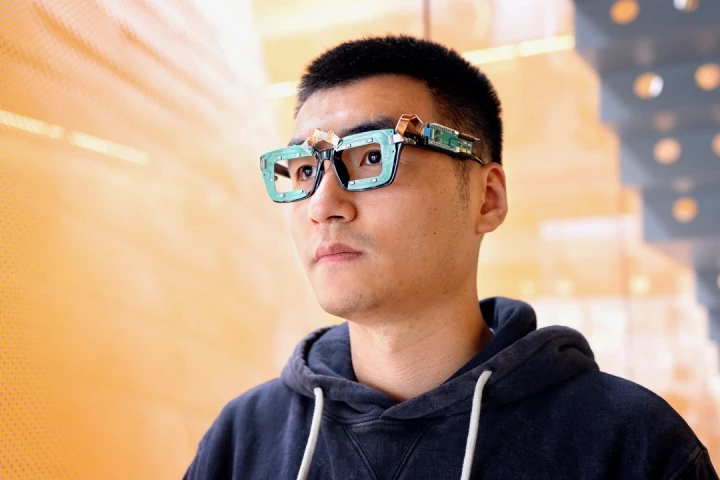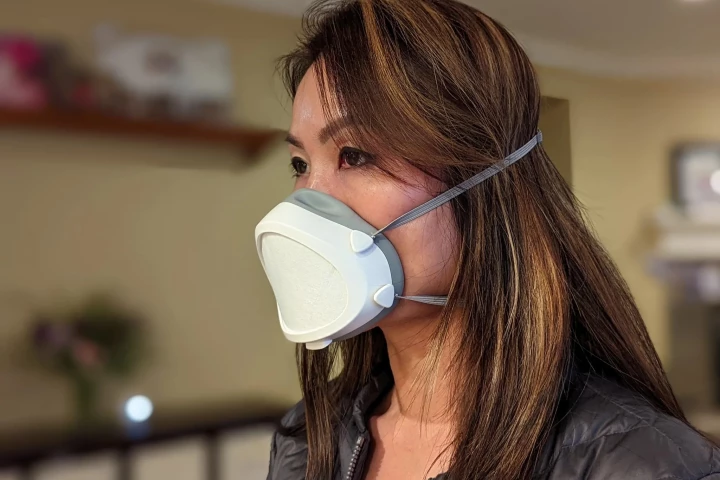Facial
-
Apparently, salmon sperm injections are the new big thing in anti-aging or rejuvenating facial treatments. Once the reaction to the treatment’s ingredients subsides, the obvious question is: Is there any science behind the celebrity-backed treatment?
-
It's not uncommon for patients to hide their true emotions from their caregivers – or even from their own conscious selves. An experimental new facial "sticker" could help, by detecting and relaying information on its wearer's present state of mind.
-
In a breakthrough that isn't at all creepy, scientists have devised a method of anchoring living human skin to robots' faces. The technology could actually have some valuable applications, beyond making Westworld-like scenarios a reality.
-
It's better to spot drunk drivers as soon as they get in their car, not once they've already been dangerously driving for some time. A new facial tracking system was created with that fact in mind, and it utilizes a regular in-vehicle video camera.
-
If someone has suffered a stroke, the sooner they get the appropriate medical attention, the better. A new smartphone tool may help ensure that happens, by allowing first responders to determine if a patient has indeed experienced a stroke.
-
Two new technologies allow a single pair of glasses to track eye movements and read the wearer's facial expressions, respectively. The systems use sonar instead of cameras, for better battery life and increased user privacy.
-
If humanoid robots are ever going to fully integrate in society, they're going to need to get good at reading our emotional states and responding appropriately. A new wearable from researchers in Korea could help them do just that.
-
In order to get tested for sleep apnea, patients have to spend a night sleeping at a clinic with numerous hard-wired sensors stuck to their skin. A new facial patch system however, could soon allow those people to spend the night in their own bed.
-
While some assistance is available to individuals who lack the power of speech, verbally communicating with other people can still be challenging. A new face-worn strain sensor could help, as it's able to "read" the wearer's silently mouthed words.
-
For the last few years, Kevin Ngo has spent his spare time developing a new kind of reusable face mask. The resulting Flo Mask is a radically different take on face masks: light, comfortable, and as protective as any disposable mask around.
-
Engineers at Cornell University have developed a new wearable device that can monitor a person’s facial expressions through sonar and recreate them on a digital avatar. Removing cameras from the equation could alleviate privacy concerns.
-
When you played with action figures, you probably tried picturing yourself having the same adventures they were. Well, doing so is about to become easier, as Hasbro is offering to a put a 3D-printed miniature copy of your face on one of its figures.
Load More











